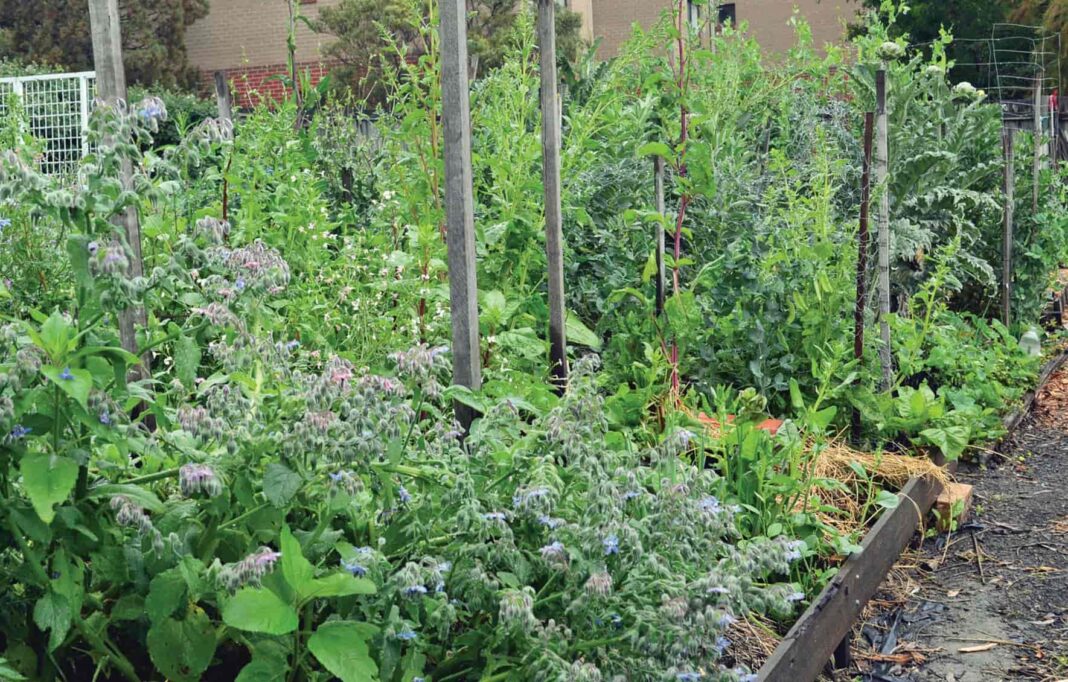- Spring planting season is well under way and before long, the heat of summer will significantly slow growth and our gardens will enter survival mode. Get in and plant the last of your summer veggie seedlings soon while the weather is favourable.
- Wherever practical, leave old veggie crops to flower and seed as a food source for beneficial insects, bees, and other wildlife. Leaving last season’s crops in the ground for longer also provides protection for new seedlings and the soil as well as preventing opportunistic weeds.
- Plant productive crops in more than one location and stagger planting times, to extend the growing season and prevent losing entire crops to seasonal mishaps and bug infestations.
- Keep an eye out for snails, slugs, and slaters, especially after rain or watering. Use certified organic snail pellets, if any, as wildlife such as lizards and birds love eating these pests.
- Protect strawberry crops from bugs, slugs, birds, and pets. Using purpose-made strawberry pots is a great option on a smaller scale as they keep the fruit well ventilated and off the ground. Put exclusion bags around bunches of fruit as they begin to ripen. In garden beds, try draping fruit over old soft drink bottles to get them off the ground and make it difficult for bugs and slugs to reach them.
- Pinch out lateral shoots on tomato plants as they form, which are located just below flower sets. Check soil pH is between 6.5 and 7.5 and remedy if needed using products such as dolomite and gypsum. Maintain constant soil moisture to promote healthy fruit development and prevent blossom end rot.
- Watch for fungal diseases, bugs and other plant anomalies. Symptoms such as wilting, curled, or discoloured foliage; sawdust at branch junctions; sap exuding from branches/trunks and pruning cuts; or armies of ants on foliage and stems can indicate that all is not well in plant land. Observation and cultural control methods are the most effective and sustainable.
- Apply a combination of slow and fast acting organic fertilisers to most plants, including those in pots. Fertiliser teas and compost brews using ingredients such as comfrey, borage, worm castings, seaweed and fish extracts, supply the nutrient plants need in their more natural forms, meaning more resilient and productive crops.



